A smart integration solution can make a big difference to a company’s operational performance, regardless of how the economy is fluctuating. When industry wheels are rolling and business is thriving, growth needs to be managed. Especially in terms of customers, suppliers, orders, deliveries, and transactions. In contrast, during a slowdown, efficiencies might be required. Whatever the economic scenario, a modern integration solution enables you to adapt to ensure seamless productivities and more opportunities to work cost-effectively.
Traditionally, integration solutions were only really used by larger companies, but now intelligent, practical solutions are available that maintain organizational workflows and free up time for business improvements. Results come quickly when manual work processes are automated and various subsystems are brought together under one solution.
Winners need to be able to handle rapid change
Today, it is often a business imperative to rapidly change goods and ranges in e-commerce, adjust prices, introduce different payment solutions or change carriers. Integration is a key factor in modifications of this nature. This is where an integration engine enables. It collects information and contributes to business and operational decisions with real-time data.
“If you don´t have an integration engine and instead conduct integrations directly between different systems, it can become very costly and overtime increasingly difficult and complex to manage. It also creates an environment that is too sensitive to change and requires extensive manual work”, comments Björn-Ola Kronander, operations and business architect at Connect Companies, the company that owns and sells the integration engine Blue Integrator.
Avoid reinventing the wheel
When conditions change and new demands arise, you must be able to work quickly and flexibly. Reinventing the wheel several times does not contribute to success, especially in a recession.
“In most companies the focus is on streamlining and business development and sales efforts, rather than troubleshooting and system maintenance. Instead of having to manage time and resource consuming direct integrations (one-to-one), an integration engine solves the problem by automating information flows”, continues Björn-Ola Kronander.
Safety high on the agenda
“Another benefit of an integration engine, that is more relevant than ever, is security. With well-thought-out information flows, automation and effective control of various roles and authorizations, the risk of security incidents is reduced. Problems can arise when roles are unclear or if extensive manual handling is required. An integration engine limits these issues”, continues Björn-Ola.
“It doesn’t really matter where you are in the business cycle. With the right preparatory work and implementation, a modern integration solution can always contribute to streamlining and growing the business. The end result will be high customer satisfaction levels”, Björn-Ola Kronander concludes.
Traditional direct integration vs integration engine
Instead of registering and retrieving information from many different subsystems, an integration engine can manage all information from one place. Unlike solutions with a large number of direct integrations, by using a modern integration engine you only need to register information once – regardless of format. It saves time and resources while reducing the risk of errors.
Blue Integrator enables a very large number of integrations, including ERP and business systems such as SAP, Microsoft Dynamics 365, Pyramid, Jeeves and Garp.


